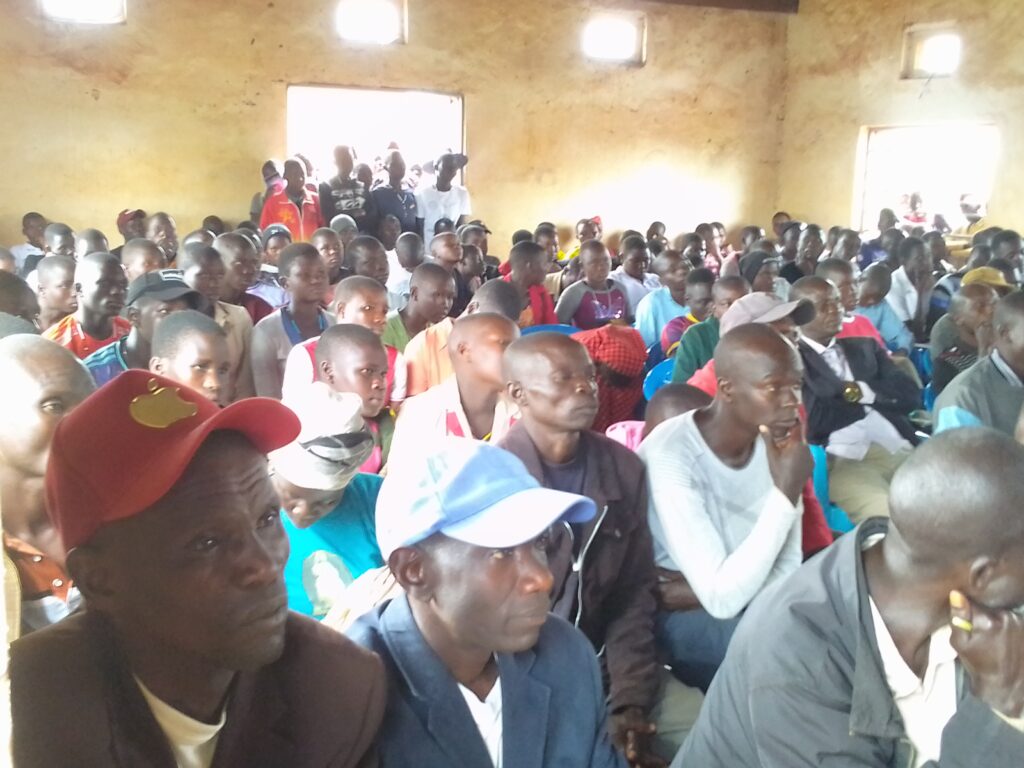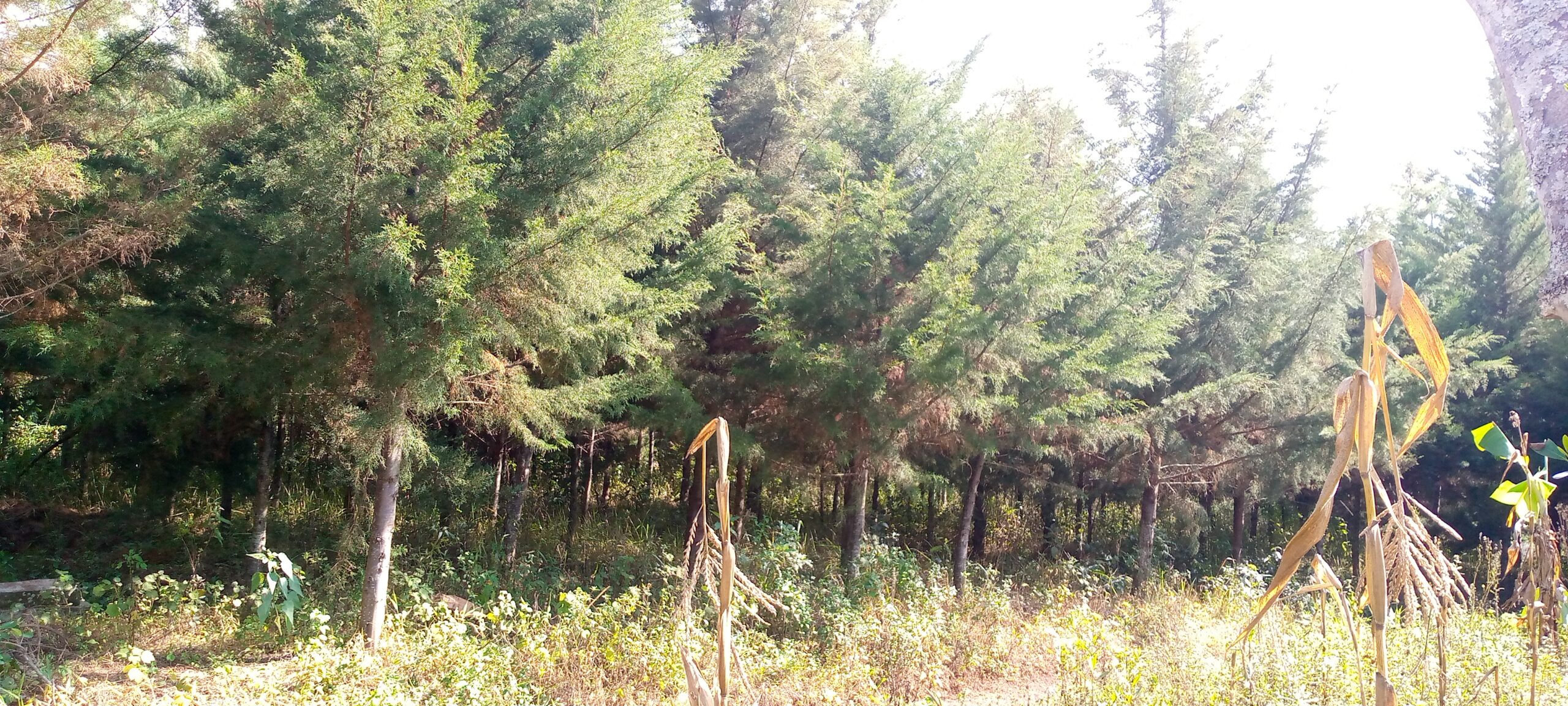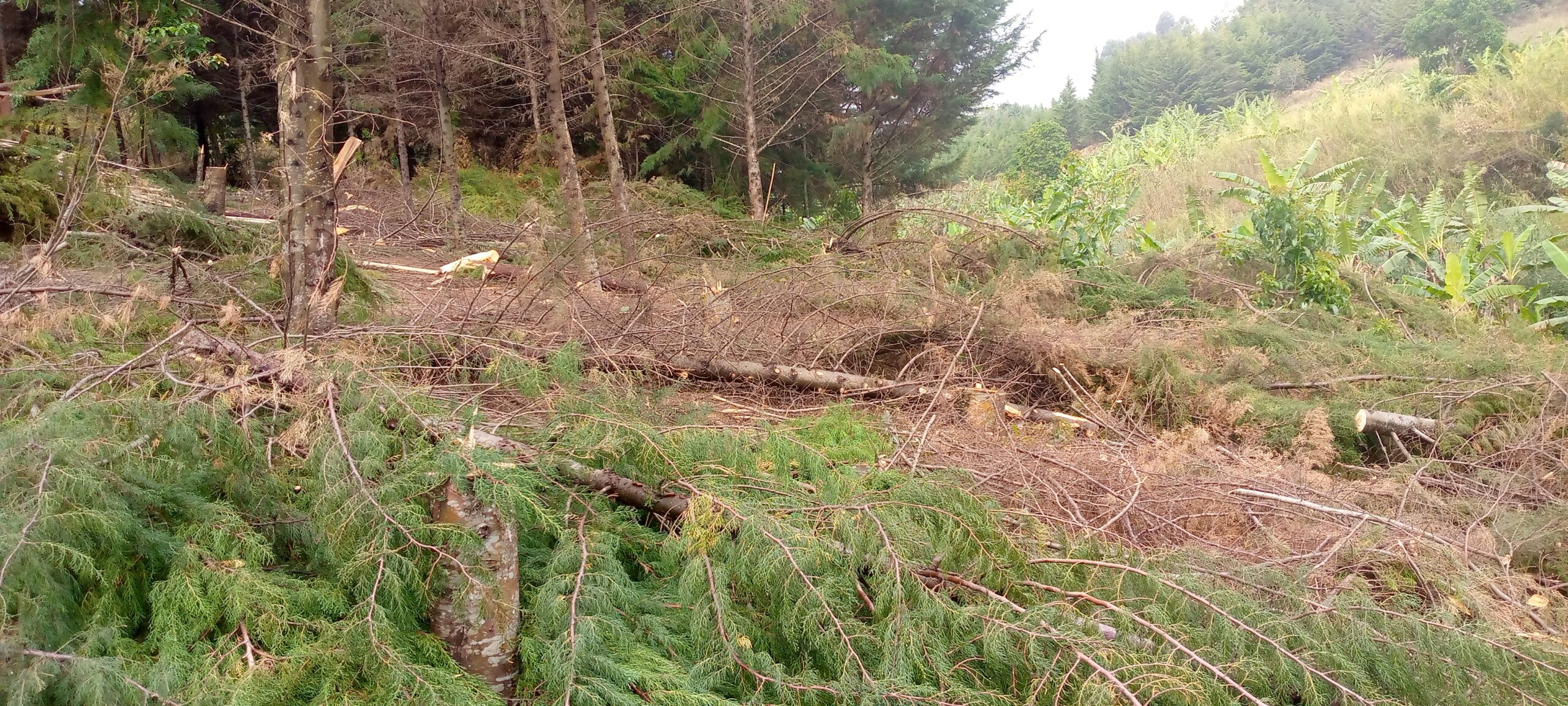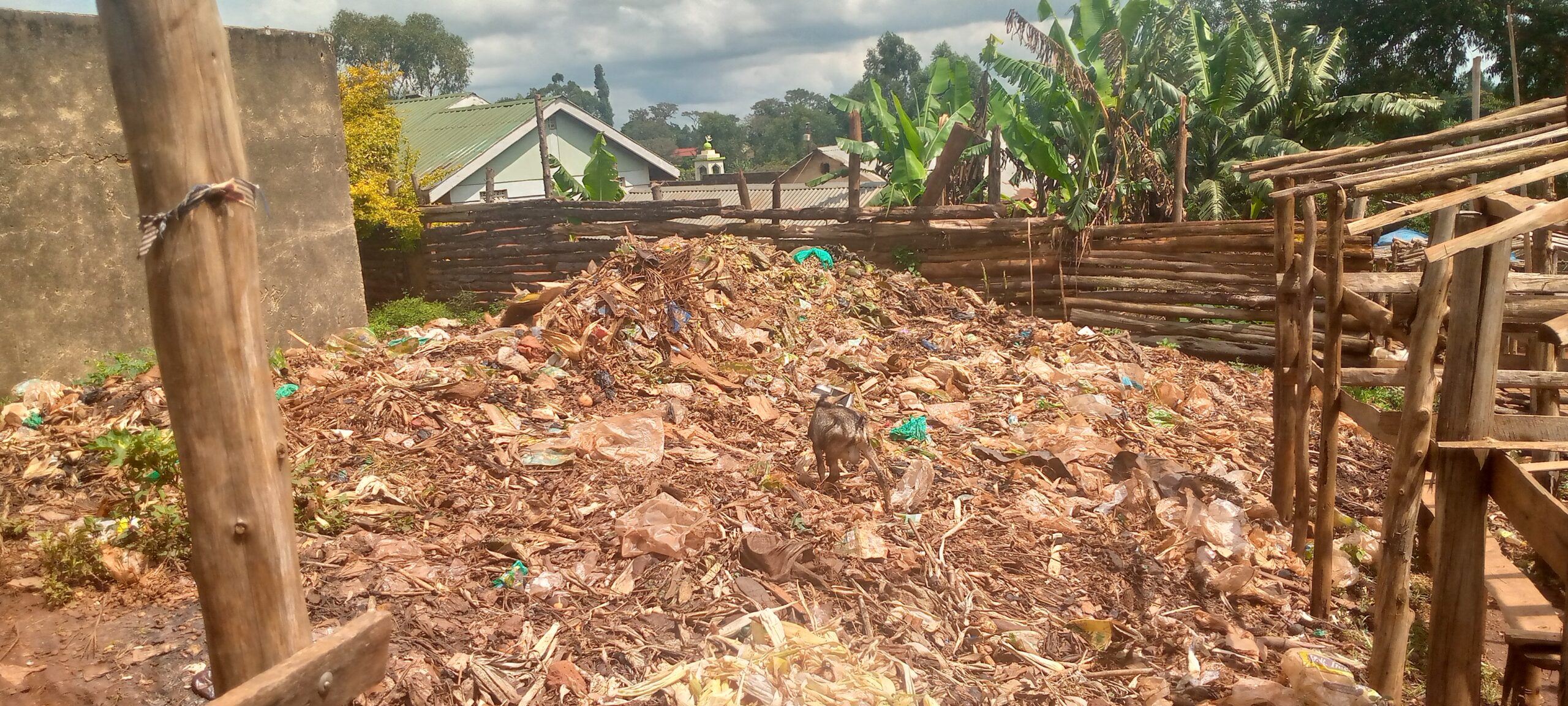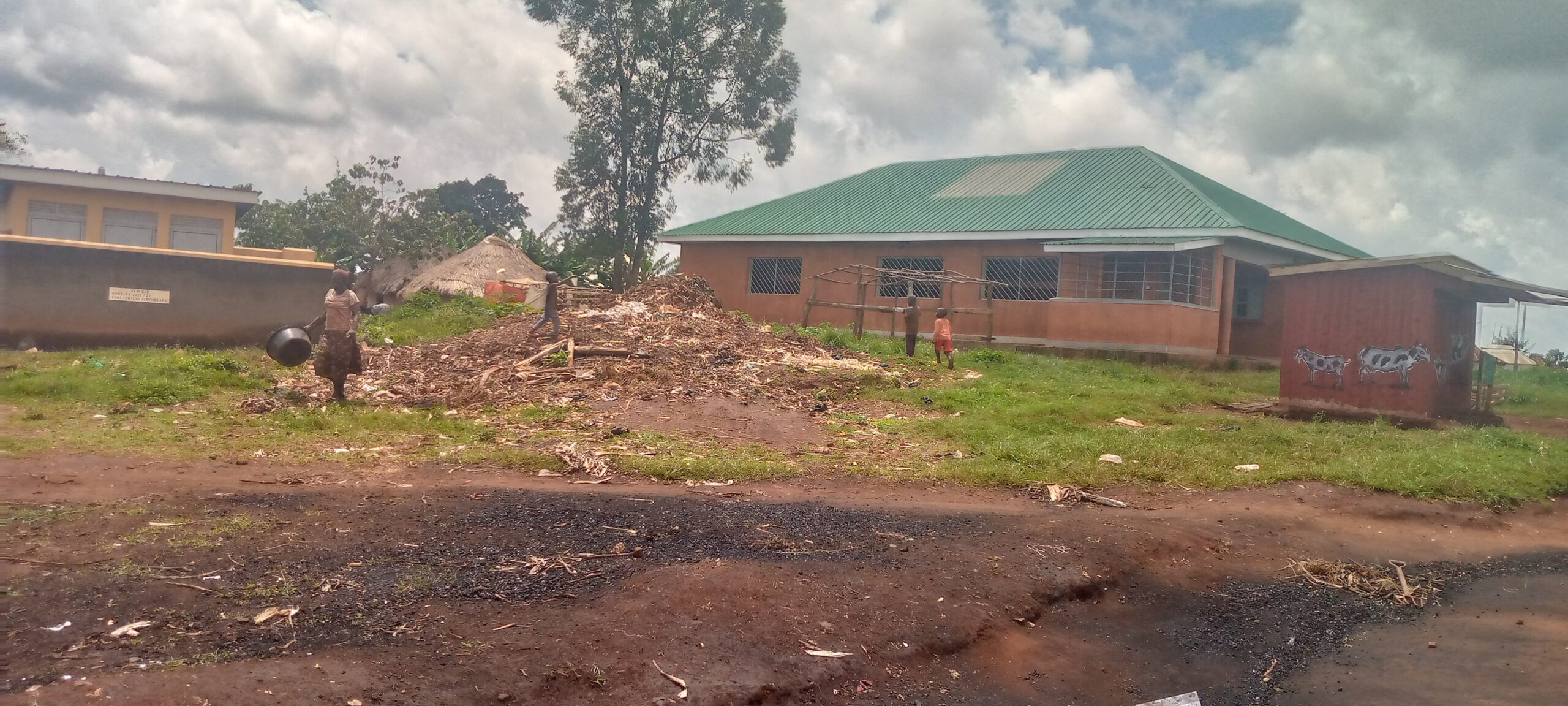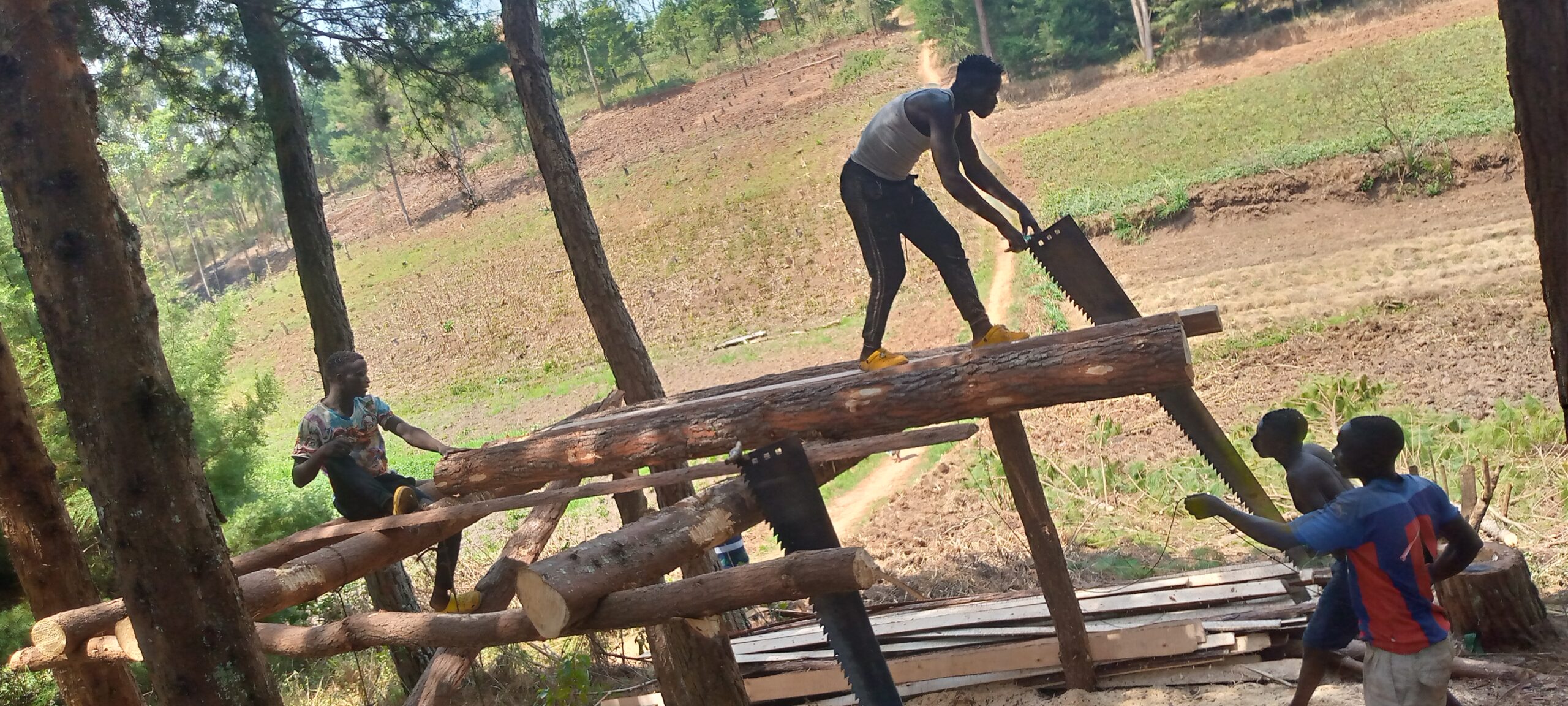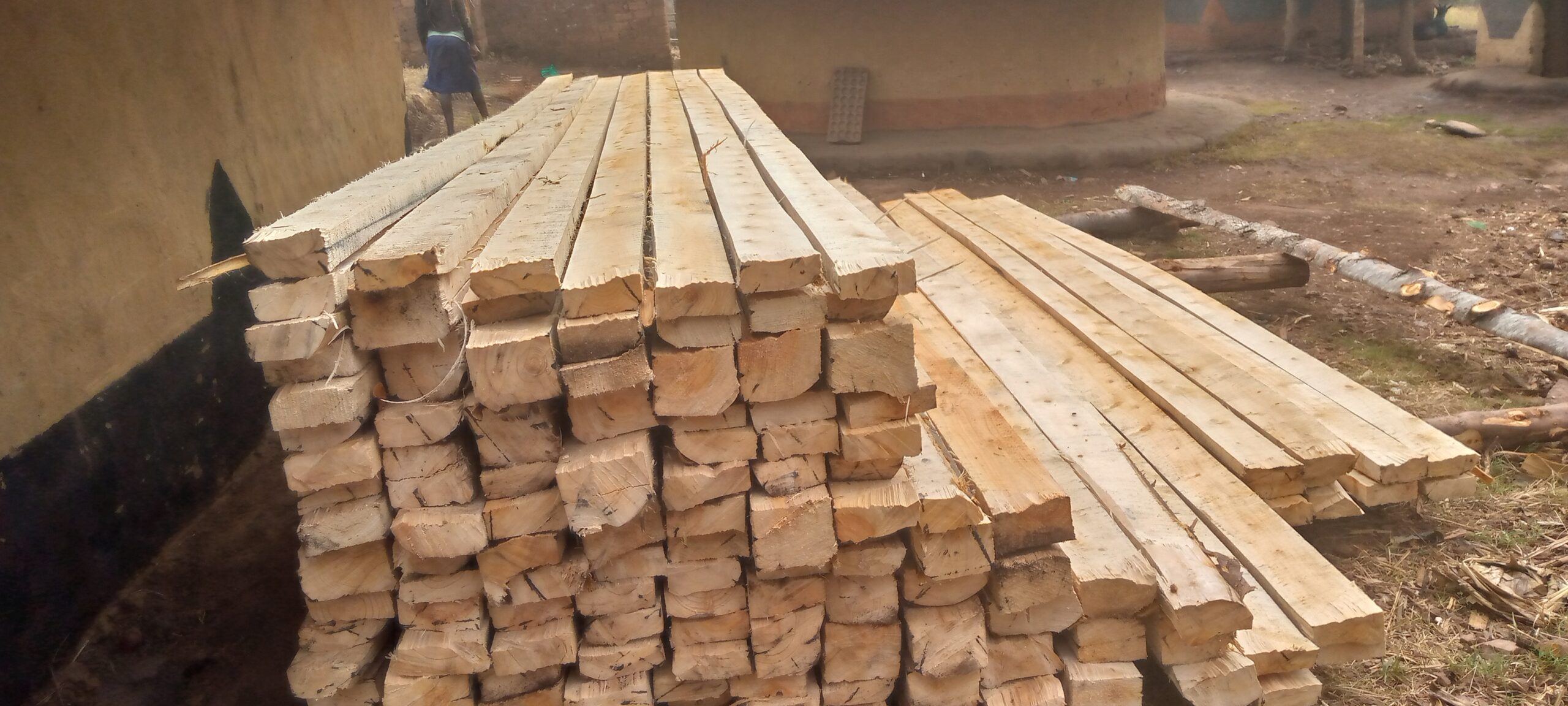The Environment - A Vast Problem
Focus on the National and Regional Problem
In Uganda, like many developing nations, we face significant environmental challenges that threaten our natural resources and the well-being of people. At JDI, we keep three critical issues in focus – wetlands degradation, deforestation, and climate-related disasters – examining and always aware of their impact on both the national level and in our particular region of Northern Uganda, but more specifically in our local communities in Zombo district. Understanding these challenges is crucial for us if we are to develop effective strategies to protect our environment and ensure sustainable local – and ambitiously – regional/national development.
Wetlands’ Degradation
In Uganda, the widespread conversion of wetlands into agricultural land and eucalyptus plantations has become a significant environmental concern. Wetlands, which play a crucial role in the economy and ecosystem by regulating water flow, storing and purifying water, and supporting agriculture and energy production, are being encroached upon at alarming rates. This encroachment not only disrupts hydrological functions, leading to increased flooding, but also threatens public health by reducing the wetlands’ ability to purify water. Despite their importance, wetlands in Uganda are shrinking rapidly, with projections indicating that the country could lose the majority of its wetlands by 2040 if drastic measures are not taken.
In Northern Uganda, like other regions, we have seen significant degradation of our wetlands. The encroachment on wetlands for agricultural purposes has severely impacted our local ecosystems and the livelihoods of communities dependent on wetland resources. With limited awareness and support for sustainable wetland use, many communities face increasing vulnerability to climate change and extreme weather events, exacerbating the degradation of local ecosystems.
Deforestation
Uganda has seen a significant loss of natural forest cover, which stood at 6.92 million hectares in 2010 but has been severely depleted in recent years. Subsistence agriculture, charcoal production, and timber harvesting are major drivers of deforestation, contributing to CO₂ emissions and environmental degradation. The loss of forests has led to fuelwood shortages, placing a heavy burden on rural-residing women and children, who chiefly are the collectors of family’s firewood for fuel. Without intervention, the resulting soil degradation, food insecurity, and increased conflict over resources could have catastrophic consequences.
Northern Uganda has experienced extensive deforestation, driven primarily by the demand for firewood and agricultural expansion. This loss of forest cover has created a fuelwood deficit, particularly in rural areas, and has had profound environmental impacts, including soil degradation and loss of biodiversity. If deforestation continues at its current pace, the region will face even greater challenges in maintaining food security and preserving its natural resources.
Climate-Related Disasters
Uganda is highly vulnerable to climate-related disasters such as floods, storms, and droughts. These events have caused widespread damage to infrastructure, particularly in rural areas, disrupting the lives of local communities. The lack of climate-resilient infrastructure compounds these challenges, as roads, bridges, and water supply systems are frequently damaged, leading to economic losses and increased displacement. Marginalized populations, especially in rural areas, are disproportionately affected by these disasters, as they often lack the resources to rebuild and recover.
Focus on Zombo District
The northern region, including Zombo District, is increasingly exposed to climate-related disasters. Floods and droughts have led to the destruction of agricultural land, homes, and infrastructure, putting immense strain on local communities. The lack of resilient infrastructure and limited disaster preparedness leaves the region highly vulnerable to the impacts of climate change, and the effects are felt most acutely by low-income and rural populations.
While environmental challenges affect Uganda as a whole, it’s essential to examine how these issues manifest at our local level. At JDI, we narrow our focus to Zombo District, highlighting how wetlands degradation, deforestation, and climate-related disasters impact our specific communities. By understanding our local context, we can better appreciate the urgency of environmental conservation efforts and the need for tailored solutions that address our unique challenges here in our rural/local communities.
Wetlands’ Degradation
In Zombo District, wetlands are being encroached upon for agriculture, with local communities using these areas for paddy rice and horticulture. This degradation threatens not only the water supply and biodiversity but also the livelihoods of people who depend on these wetland systems. Addressing wetland degradation in Zombo requires a targeted approach that includes community mobilization and sustainable planning.
Deforestation
Zombo has seen its forests shrink due to charcoal production, firewood collection, and agricultural expansion. The resulting fuelwood deficit places added strain on households, particularly women, who must travel greater distances to gather firewood. Reforestation efforts are needed to address this problem, but challenges related to the availability of tree planting materials and limited knowledge of forest management persist.
Climate-Related Disasters
Zombo District generally is highly vulnerable to climate-related disasters, including floods and storms, which have caused extensive damage to infrastructure, homes, and crops. These disasters have compounded existing challenges, such as soil erosion and poverty, leaving the district’s population ill-equipped to cope with future climate events. Investment in climate-resilient infrastructure and disaster preparedness is essential to safeguard Zombo’s communities.
Jalwiny Development Initiative (JDI)-Our Impact!
In the face of these environmental challenges, local organizations play a crucial role in driving positive change. We are aware, as Jalwiny Development Initiative (JDI), that our organization stands out as a small but impactful organization working tirelessly to address environmental issues in several of Zombo district’s local communities. Read on to explore our mighty efforts in wetlands conservation, reforestation, and climate resilience, showcasing how grassroots initiatives can make a significant difference in local communities. Consider our not so small successes, challenges, and opportunities for growth as we continue this vital work.
Wetlands’ Degradation
JDI is focused on addressing wetlands degradation by mobilizing communities to create awareness about the importance of wetlands and supporting gender-responsive interventions. We are working with wetland-adjacent communities to develop sustainable wetland management plans, and to promote knowledge-sharing about restoration and conservation techniques.
Deforestation
JDI has been actively involved in deforestation efforts, providing tree seedlings to local communities for planting on both public and private land. Over the past four years, we have distributed and planted over 16,000 tree seedlings. Despite this progress, challenges remain, including the availability and affordability of tree planting materials, and a lack of community awareness about the benefits of trees and forests.
Climate-Related Disasters
JDI is also working to enhance local resilience to climate-related disasters by raising awareness about the importance of climate-resilient infrastructure and disaster preparedness. Our organization is focused on building local capacity to respond to disasters, and advocating for investments in infrastructure that can withstand extreme weather events.
JDI - Our Work and Successes
JDI’s work in reforestation and wetland conservation has already made a significant impact in local communities. The distribution of tree seedlings and the development of wetland management plans are helping to mitigate environmental degradation. Additionally, JDI has been successful in mobilizing community members to participate in environmental projects, creating a sense of ownership and responsibility for the protection of local ecosystems.
JDI - Challenges and Opportunities
Our organization faces several challenges in its environmental efforts, including limited resources, a lack of access to affordable and high-quality tree seedlings, and low levels of community engagement in some areas. Additionally, JDI struggles with the technical aspects of forest and wetland management, as well as addressing the socio-economic barriers that prevent communities from fully participating in conservation activities.
Despite these challenges, JDI has several opportunities to expand its impact. By partnering with corporations, non-governmental organizations, and investors, JDI can leverage additional resources to scale up its reforestation and wetland conservation efforts. Additionally, there is potential to expand community education programs to increase awareness of the benefits of sustainable land use and conservation. With continued support, JDI can help transform degraded landscapes into productive ecosystems, contributing to both environmental sustainability and community development.
Household Waste - An Opportunity?
